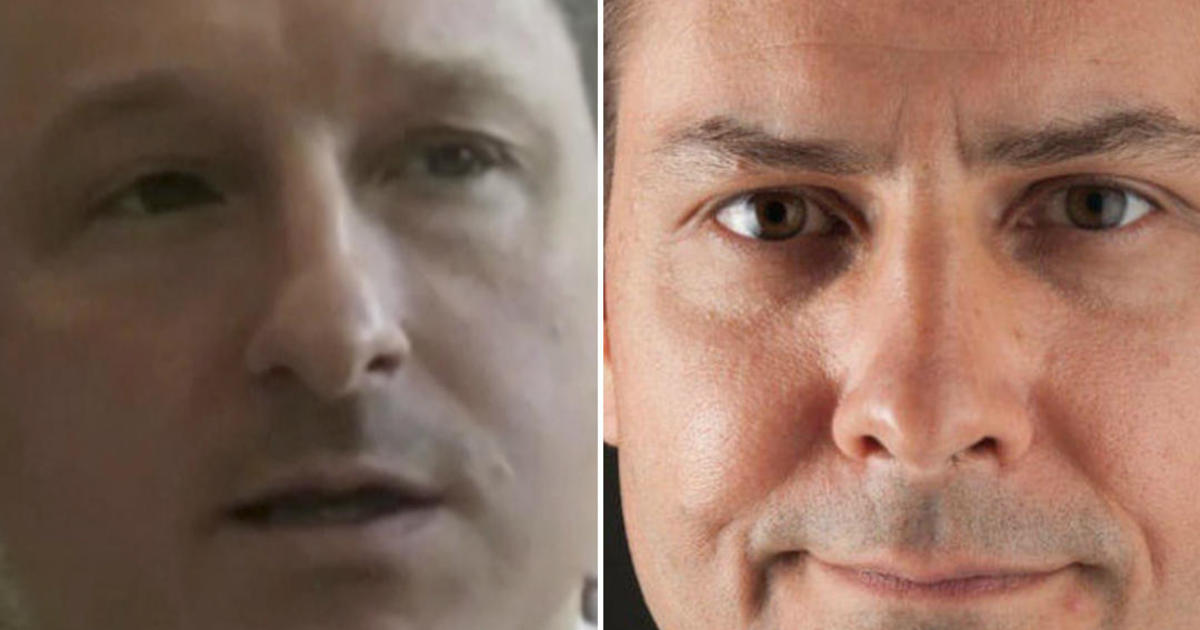
Beijing – The trial of Michael Kovrig, the Canadian detained for more than two years in China on espionage charges, began on Monday, the relations between Ottawa and Beijing in free fall. The hearing comes just days after the closed-door trial of another Canadian, both detained in apparent retaliation for Canada’s arrest on a US extradition warrant. Huawei executive Meng Wanzhou.
Kovrig, a former diplomat, was detained in 2018 and officially accused in June last year of espionage at the same time as his compatriot, businessman Michael Spavor.
Police surrounded an out-of-court area in Beijing on Monday, refusing entry to Canadian diplomats and returning. A court official told reporters that entry is not allowed, as the trial is a case of national security.
Jim Nickel, head of business at the Canadian embassy in Beijing, told reporters that he was “very disturbed by the lack of access and transparency in the legal process.”
Representatives from 26 countries gathered in front of the building on Monday, Nickel said, and “give their voice” for Kovrig’s immediate release.
The United States is “deeply concerned about the lack of minimum procedural protections for the two Canadian citizens,” William Klein, deputy head of the US embassy in Beijing, told reporters outside the court.
REUTERS
Canadian diplomats were also barred from attending Spavor’s trial in the northern city of Dandong on Friday, which lasted less than three hours and ended without a verdict.
Following the closed-door hearing, Canadian Prime Minister Justin Trudeau called the detention of the two men “completely unacceptable, as well as the lack of transparency surrounding these court proceedings.”
China’s foreign ministry said on Monday that diplomats had blocked entry to court and criticized those gathering outside as “very unreasonable.”
“Whether there are a few or dozens of diplomats trying to gather and exert pressure, it is an interference in China’s judicial sovereignty … and not something a diplomat should do,” the foreign ministry spokesman said. , Hua Chunying.
The US has bid for the prosecution of Huawei executor
Court data for the two Canadians come as an extradition hearing for Meng enters his final months, and next heated discussions at a high level between the US and China in Alaska.
Meng, whose father is the founder and CEO of Huawei Ren Zhengfei, fought against extradition to the United States on charges that she and the company violated US sanctions against Iran and other laws.
A year ago, the U.S. Department of Justice revealed allegations, specifically naming Meng, who accuses Huawei of orchestrating a successful system of “decades” to steal trade secrets from U.S. technology companies. .
While Kovrig’s trial was still ongoing late Monday afternoon, former Canadian Ambassador to China Guy Saint-Jacques told AFP he expected the proceedings to be short.
“China is not even trying to make this seem like a real trial, because the evidence is not shared with the defense and the judge does not even take the time to review it,” he said before the hearing. “It only confirms that the process is organized by the Communist Party and this is a political case.”
The Chinese judiciary convicts most people on trial, and the two men face life in prison if found guilty of “espionage” and “providing state secrets.”
They had almost no contact with the outside world since the detention, and the virtual consular visits were resumed only in October, after a nine-month break, which authorities said was due to the coronavirus pandemic.
Beijing has insisted the detention of the two Canadians is legal, calling Meng’s case a “purely political incident.”
“The message to the United States is: If you want to help Canadians, make sure Meng is returned to China quickly,” Saint-Jacques said.
